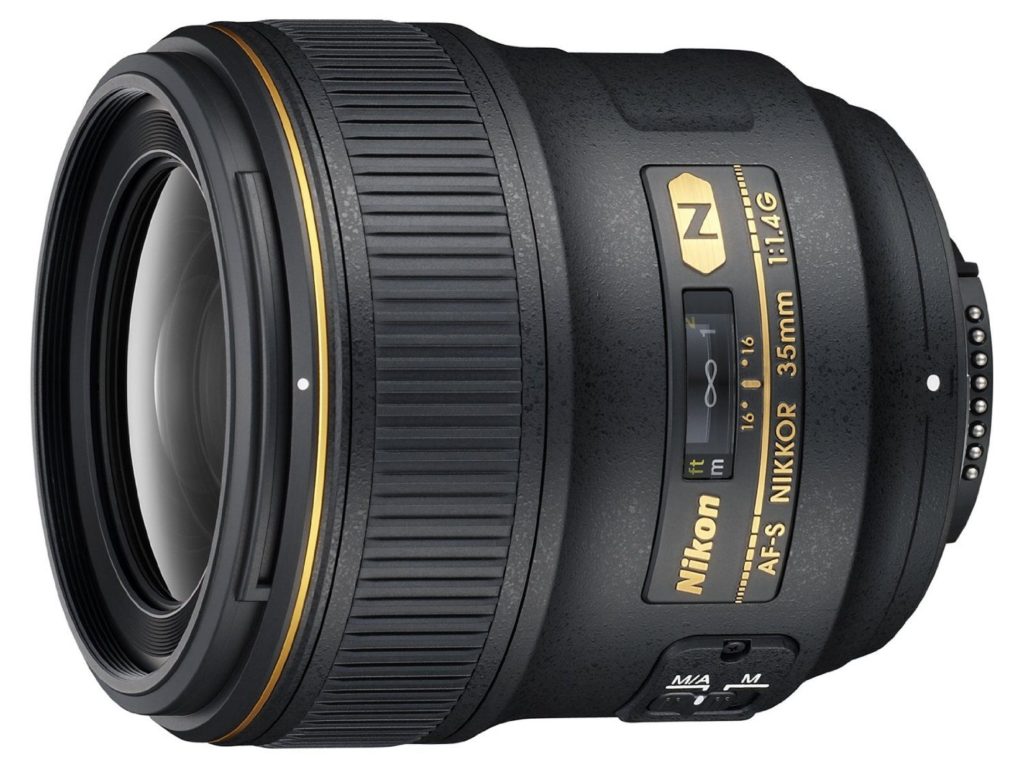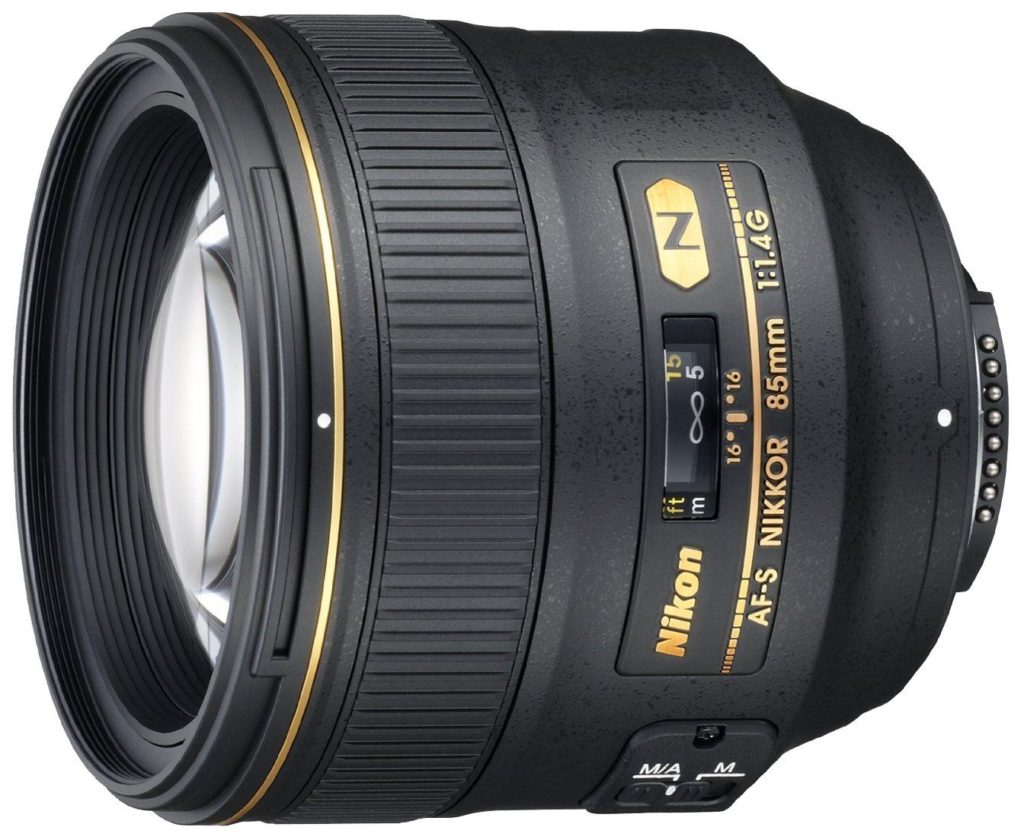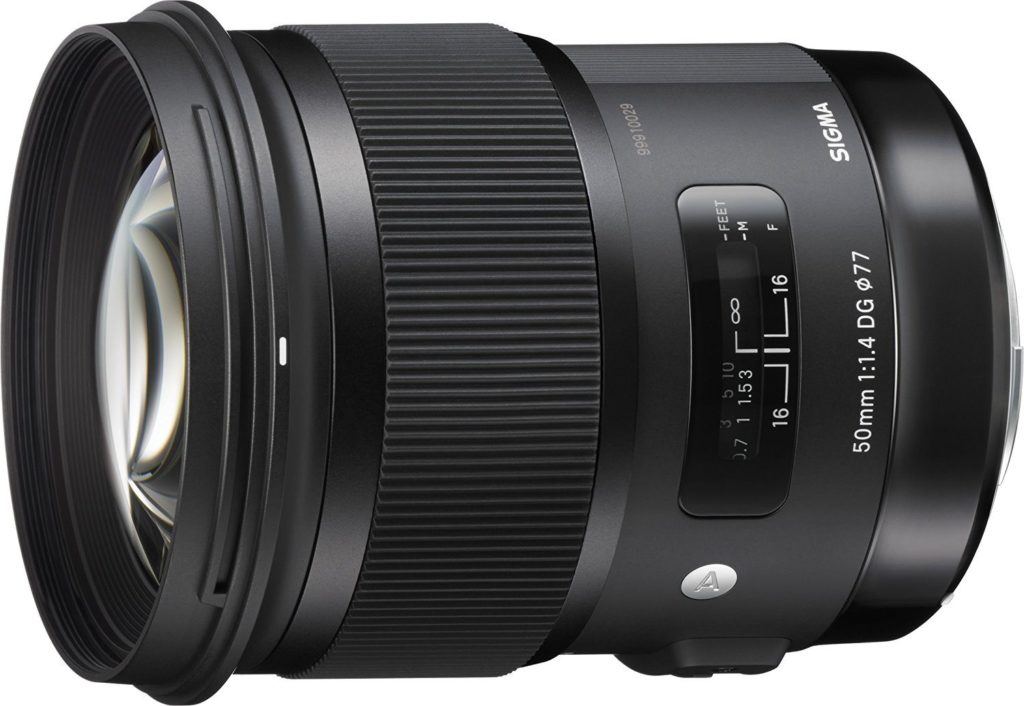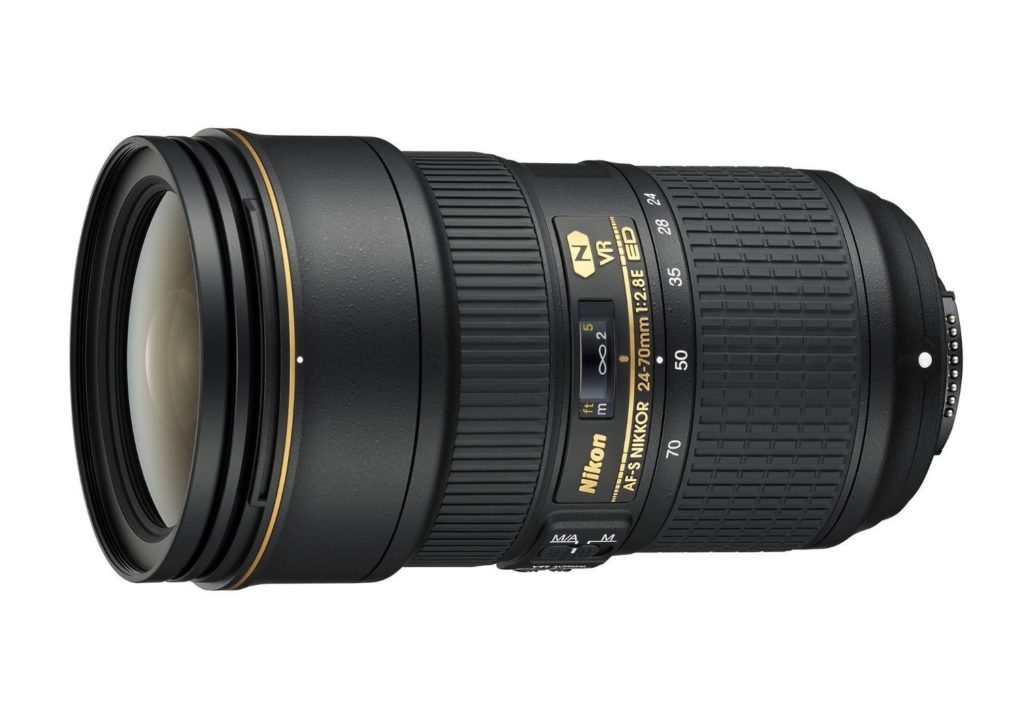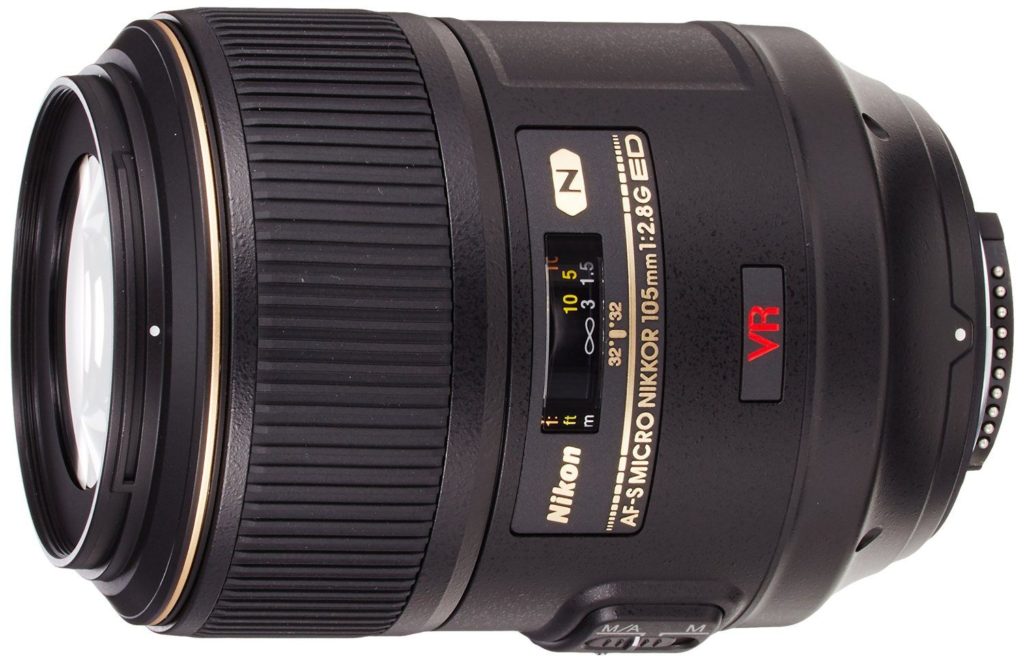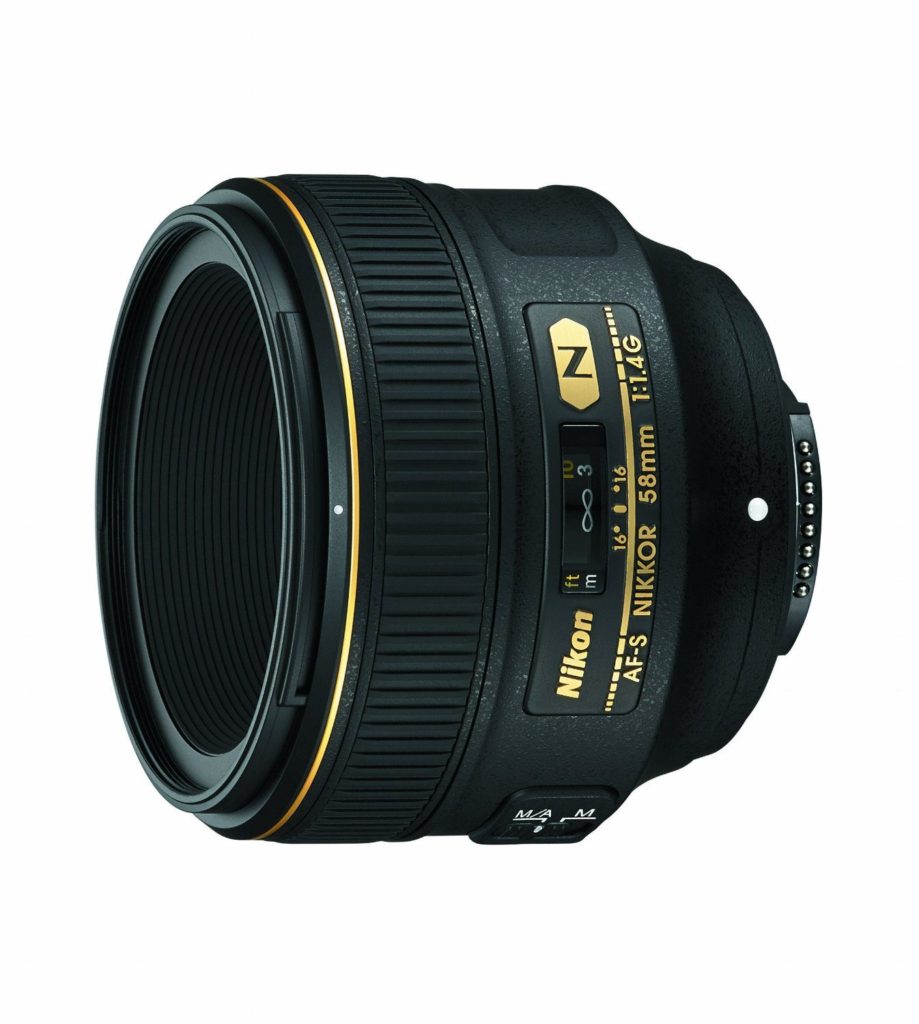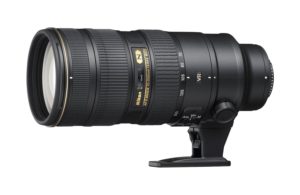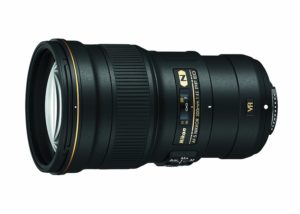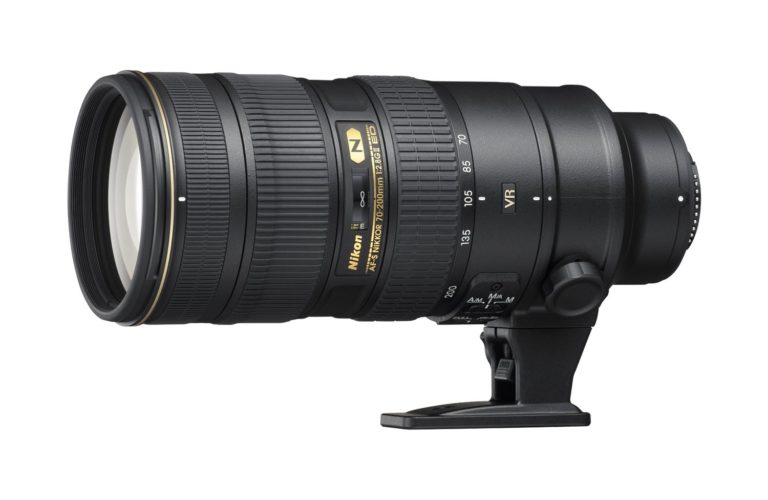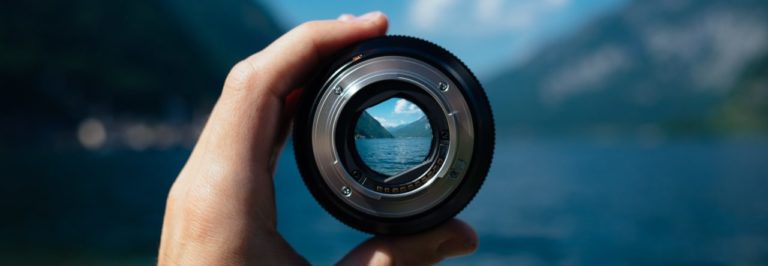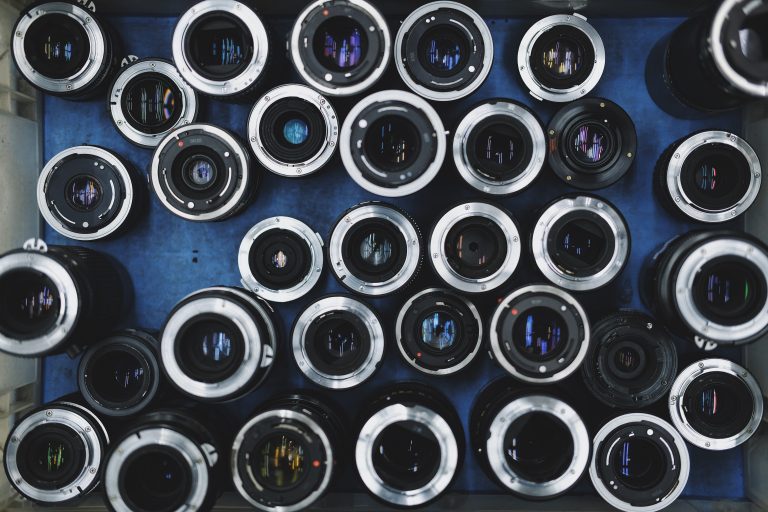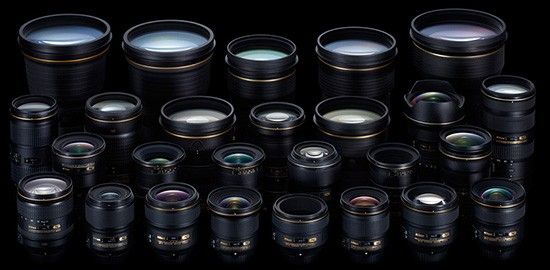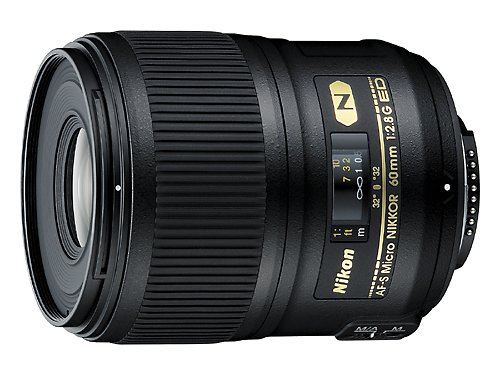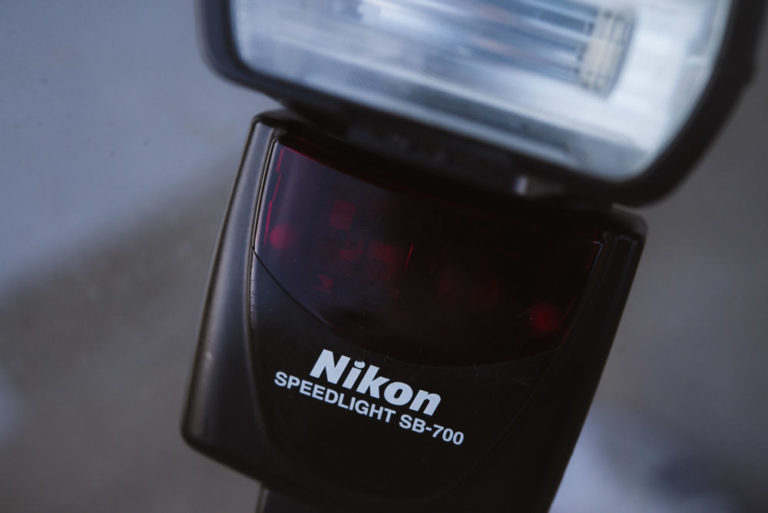The Best Lenses for the Nikon D750
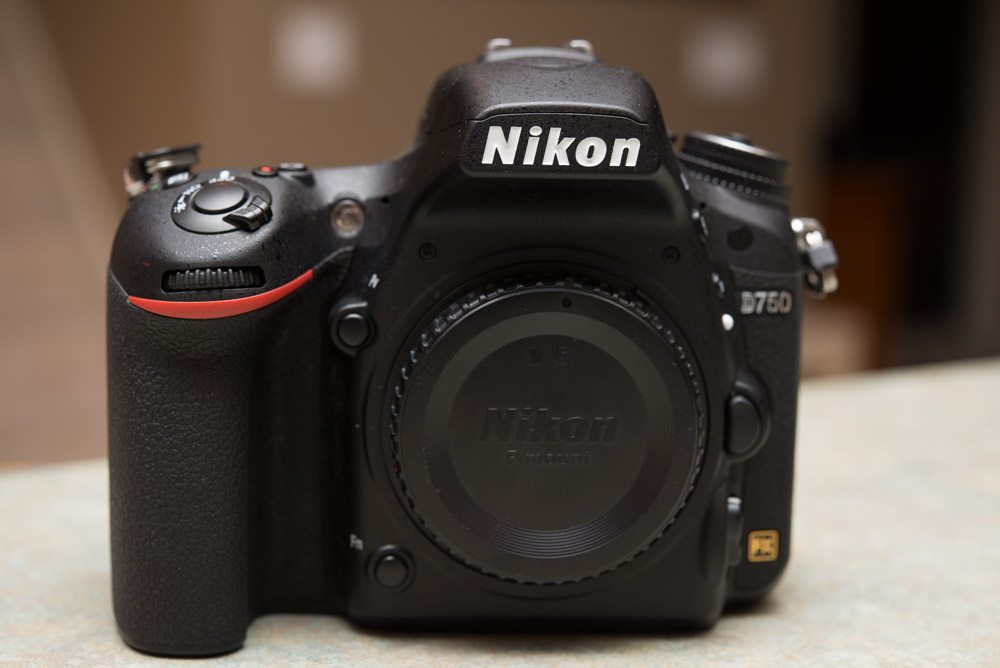
If you’re looking for the best lenses for the Nikon D750, it’s probably safe to assume that you already know what a powerful camera this is.
It’s fast to focus, has incredible dynamic range, a nice big full-frame sensor, and it’s all wrapped up in a relatively small and ergonomic package.
But with all that power, the last thing you wanna do is slap a lens on it that can’t resolve the power of the camera.
That would be like putting trike wheels on a Ferrari. No bueno.
But luckily there are plenty of great lenses that can keep up with the D750, both optically and in terms of autofocus speed.
In this article I recommend what I think are the best lenses for Nikon D750.
Strengths of the Nikon D750
First off, let’s just touch briefly on what the D750 does well and what lenses are likely to pair well with those strengths.
The camera has a 24 megapixel sensor, so for most intents and purposes, it has the resolving power to give us solid results from portraiture to landscapes.
It shoots at 6.5 frames per second, so it’s not exactly a speed demon but pretty fast. Couple that with one of the fastest focusing autofocus systems among DSLRs and you have a very capable camera for shooting sports.
The camera is just insane for wedding photography due to its fast focusing, including in low light, its high ISO capabilities, its low weight and probably most importantly, its dynamic range.
Considering the constantly changing light conditions that wedding and event photographers deal with, not all exposures are gonna come out perfect. I’ve seen examples of D750s retaining insane amounts of detail even after being increased by 4 stops.
Landscape photography lends itself to cameras with a larger megapixel count, but for the vast majority of us photographers who shoot landscapes, 24 megapixels is more than enough. Megapixel counts are really only important for when we’re printing to large scale. What’s attractive about the Nikon D750 for landscape photography is the amazing leeway it gives in the editing process.
So let’s take a look at the best lenses for the Nikon D750 after taking all of that into consideration.
Best All Round lens for Nikon D750 #1: The Nikon 35mm f/1.4G
The Nikon 35mm f/1.4G is just one of those lenses that make you go “wow” upon seeing the dreamy images that it produces.
With a maximum aperture of f/1.4, the lens allows you to get some nice separation from your backgrounds and more low light capability. I rarely shoot wide open with 35mm lenses, just because of my own stylistic choices (when shooting wide angle lenses I usually want more depth of field and focus more on composition) but it’s a nice option to have when you really need it. Same thing goes for shooting in low light – with the really nice high ISO capabilities of the D750 it’s less necessary, but the 1.4 aperture can really save you in some situations.
This is an excellent lens for wedding photography, as it’s pretty quick to focus, it’s tack sharp and produces gorgeous, contrasty images straight out of the camera when it’s paired with the D750. The wide aperture really comes in handy in those dimly lit churches/reception venues as well.
Same thing goes for any type of event photography.
Its image quality is so good that it can resolve any DSLR on the market today, so it’s great for landscape photography too. It’s tack sharp when stopped down and really brings out those little details.
There are a couple of drawbacks to the Nikon 35mm f/1.4, however. It has pretty bad chromatic aberration for such an expensive, professional quality lens. At least when stopped down it reduces dramatically.
The other is that for a prime lens, it’s pretty heavy and bulky. After a long day of shooting with it around your neck, it certainly wears on you.
It’s also expensive.
The exceptional image quality really outweighs all of its drawbacks though, which is what makes it one of the best lenses for the Nikon D750.
I’m a huge fan of the 35mm focal length and this lens in particular, so I’m choosing it as the best all-round lens for the Nikon d750.
Worthwhile mention goes to: the Nikon 35mm f/1.8, as it produces similar image quality but at a third of the price and in a much smaller and lighter package.
Best Lens for Nikon D750 Number 2: The Nikon 85mm f/1.4G
They don’t call the Nikon 85mm f/1.4G “the cream machine” for nothing. It’s up there with the best of the best lenses in terms of bokeh.
So it’s an amazing portrait lens. Being an 85mm focal length and having the wide, 1.4 aperture, you get great subject separation. And of course, creamy smooth bokeh.
Much like the 35mm f/1.4, it can resolve the large full-frame sensors of today’s modern DSLRs, including the D750.
It doesn’t have the mind-blowing autofocus speed of lenses like the Nikon 70-200 f/2.8, but it’s been perfectly acceptable and capable for my wedding photography purposes paired with the D750. And I use it in some pretty tough conditions.
The autofocus accuracy of the D750 really helps as well.
It’s on my camera the majority of the time when I do engagement sessions, or when I do the portrait sessions of couples after their ceremony. Throughout the day on a wedding day I’m also using it quite a bit when I’m shooting from a distance or when I want to focus in on a smaller detail, like the bride and groom putting the rings on each other’s fingers.
And for portraits, it’s my go-to lens.
I’ve also shot it for other types of event photography – concert photographers will love this lens, it’s just an absolute beast for low light photography where you need to shoot from a distance.
It is a pretty big and hefty lens too, but that’s just the tradeoff you make with these wide aperture lenses for DSLRs.
Other 85mm mention goes to: The Nikon 85mm f/1.8G. For wedding photographers, it’s a tempting alternative to the 85 1.4 because it’s slightly faster to focus and is quite a bit smaller/lighter.
#3: The Sigma 50mm F1.4 ART
As far as 50mm lenses go, Sigma is giving Nikon a run for their money. Compared to Nikon’s 50mm f/1.4, Sigma’s is far more expensive and is a lot heavier and bigger too. I mean, this thing really is big for a 50mm lens.
But what makes up for it is its stunning image quality, which is what made me include it as one of the best lenses for the Nikon D750.
It has practically non-existent chromatic aberration, very unusual for wide aperture primes like this. It controls vignetting very well too – even shooting wide open. Just stopping down to f/2 practically eliminates it.
Not to mention it’s insanely sharp – I don’t do shoot-brick-wall-type comparisons, but it’s certainly one of the sharpest lenses I’ve ever shot. The autofocus performance is really good too – very, very speedy.
This is subjective, but one area that suffers a bit is the lens’s bokeh. By going after extreme sharpness and resolution, the Sigma 50mm f/1.4 has bokeh that is a bit too defined in my opinion.
I think this is the best 50mm lens for the Nikon D750, though.
#4: The Nikon 24-70mm f/2.8E VR
Even though the size and weight of big zooms is a turn-off to me, there’s no denying the extremely useful focal range of 24-70mm. That’s why the Nikon 24-70mm f/2.8E VR is so versatile.
24mm is usually wide enough to cover any wide-angle needs of the majority of photographers. For that reason, the Nikon 24-70mm f/2.8E VR is a great lens for landscapes, architectural photography, and real estate photography.
70mm isn’t quite the ideal focal length for portraits, but it’s pretty close so I would not hesitate at all to use it for portraits. At the wider angles, you can use the Nikon 24-70mm f/2.8E VR for environmental portraiture as well.
Using the Nikon 24-70mm f/2.8E VR with the D750 is a killer combination for sports photography. The Nikon D750 has one of the fastest/accurate autofocus systems of any camera on the market. When you pair it with the Nikon 24-70mm f/2.8E VR, it’s like the camera just gets out of your way and does exactly what you want it to do.
It becomes an extension of your eye – a freakishly fast extension.
It’s great for shooting the action closest to you for basketball games – or any sports situations where you’re up close and personal to the action. It’s really nice being able to zoom in and out in these situations too – especially when you’re stuck in a fixed area for the press.
For video shooters, this lens is a dream. There’s not a whole lot more you could ask for than this super versatile focal length coupled with Nikon’s image stabilization.
#5: The Nikon 105mm f/2.8G Micro
The Nikon 105mm f/2.8G Micro is a great choice to use with the D750 for macro photography purposes.
It has a true 1:1 focusing ratio, and is very, very sharp. Great image quality.
And here’s an added bonus:
The 105mm focal length is great for portraiture and it has super silky smooth bokeh (rivaling even the bokeh of the 85mm f/1.4). So not only do you get a great macro lens, but you also get great portrait performance as well.
#6: The Nikon 58mm f/1.4G
The Nikon 58mm f/1.4G is expensive and to be honest, not all that sharp, especially shot wide open.
So what the heck makes it one of the best lenses for the Nikon D750!?
While the Nikon 58mm f/1.4G may not be the sharpest lens on the market, that’s not what Nikon was going for with this lens. Far from it.
Nikon prioritized gorgeously rendered bokeh over sharpness with the Nikon 58mm f/1.4G, and it definitely paid off. And it’s not just the bokeh of this lens. The way it renders scenes and colors gives you that dreamy look that can’t be explained through science or charts or graphs or whatever.
It has a knack for making reality look prettier than it really is.
It’s also nice that it hits a sweet spot in terms of distortion. You can get up-close portraits without having to worry about the distortion that you get with 50mm lenses.
Another great thing about it is that it’s a lot lighter than most other 1.4 Nikon lenses.
If you shoot portraits or weddings and have the cash, it’s an excellent investment to combine the Nikon 58mm f/1.4G with the Nikon D750.
The 58mm 1.4 is a bit of a niche lens, but it’s totally worth looking into.
#7: The Nikon 70-200 f/2.8G VR II
There are a couple of things I primarily use the Nikon 70-200 f/2.8G VR II for:
Portraits and fast action.
And pairing the Nikon 70-200 f/2.8G VR II with the D750 is one of the most responsive combinations you can get for fast action/sports photography. The Nikon 70-200 f/2.8G VR II is THE fastest focusing lens I’ve tested to date so as you can imagine this is a pretty impressive combo. Shooting basketball from across the court, soccer, baseball football, you name it, using these two together makes for some very high-performance shooting.
I also love using it for portraits when I really wanna obliterate the background and get that highly-compressed look.
It’s a great lens to have in your bag for various other purposes. Concert photography, isolating elements in landscape photography and general wedding photography come to mind.
There’s a newer version of this lens that has very slightly better performance called the Nikkor 70-200mm f/2.8E, but it’s quite a bit more expensive and I personally think the Nikon 70-200 2.8G is better value for the money.
#8: The Nikon 300mm f/4E
Keeping in the same action vein as the 70-200, the Nikon 300mm f/4E is a great lens to use with the D750 for action and sports photography.
There are more “professional” level lenses in the sports category that you can use with the Nikon D750, like the Nikon 300mm f/2.8G or the Nikon 400mm f/2.8E. But I think a great thing about the Nikon D750 is that you get the same amazing focusing system as the flagship Nikon D5, but at a much cheaper price point.
You don’t get the insanely high frames per second shooting as you do with a camera like that but it’s really not necessary.
The Nikon 300mm f/4E isn’t a cheaply-priced lens by any means, but it’s a bargain compared to sports/wildlife lenses like the Nikon 300mm f/2.8G or the Nikon 400mm f/2.8E. And you get very similar image quality with this lens.
Plus, it’s a LOT lighter and smaller than those other options.
The Nikon 300mm f/4E is very sharp, even shooting it wide open. It has really fast autofocus as well.
It’s an awesome camera/lens combination for sports, action and bird photography. It’s really nice that the lens is small/light enough that you don’t have to use a monopod just to be able to hold it steady. And for something like bird photography where you’re likely to be hiking to get on location, the lighter weight is a big back saver.
Conclusion
The Nikon D750 is an impressive camera that’s a blast to shoot. And where it’s even more impressive is in how malleable its files are.
Underexposed your shot by 3 stops? Not a problem.
What other cameras are capable of that?
Not a whole lot, and even now a few years after the camera was released it’s still very good in this regard compared to other competing cameras on the market.
If you got something out of this article, you may be interested in our other Nikon-related content:
- Nikon 24-70mm f/2.8G ED Review
- Nikon 35mm f2D Review
- Nikon 50mm 1.8G Review
- Nikon 60mm Macro 2.8 G Review
- Nikon 85mm 1.8 G Review
- Nikon 70-200mm VR II Review
- Nikon SB-700 Review
- Best Nikon Lenses for Weddings
- Best Nikon Portrait Lenses
- Best Nikon DX Lenses
- Best Nikon Lenses for Landscape Photography
- Nikon Photography Hashtags

